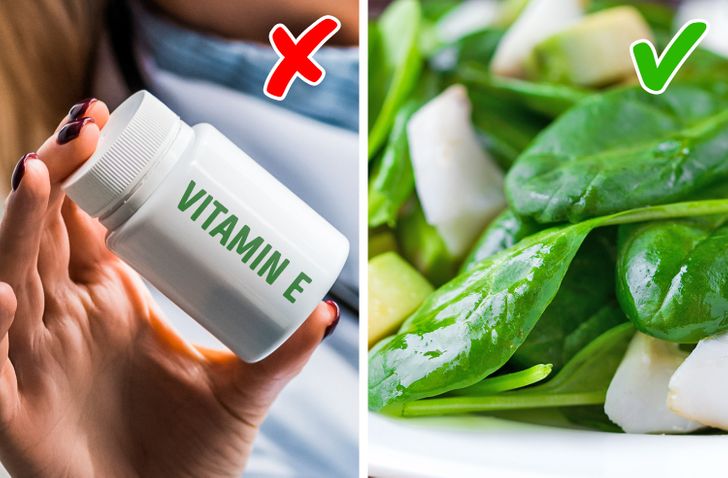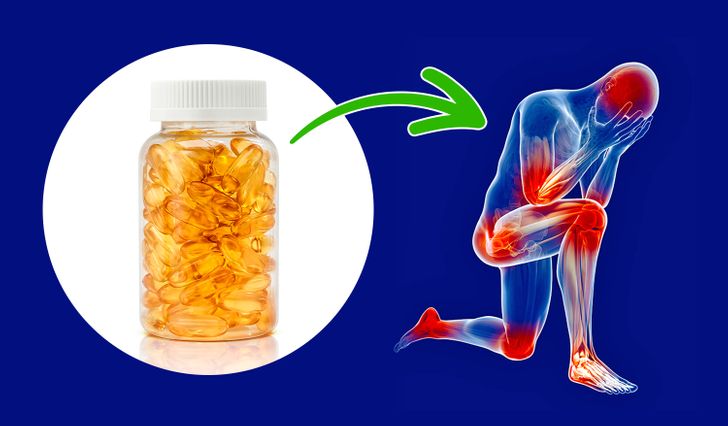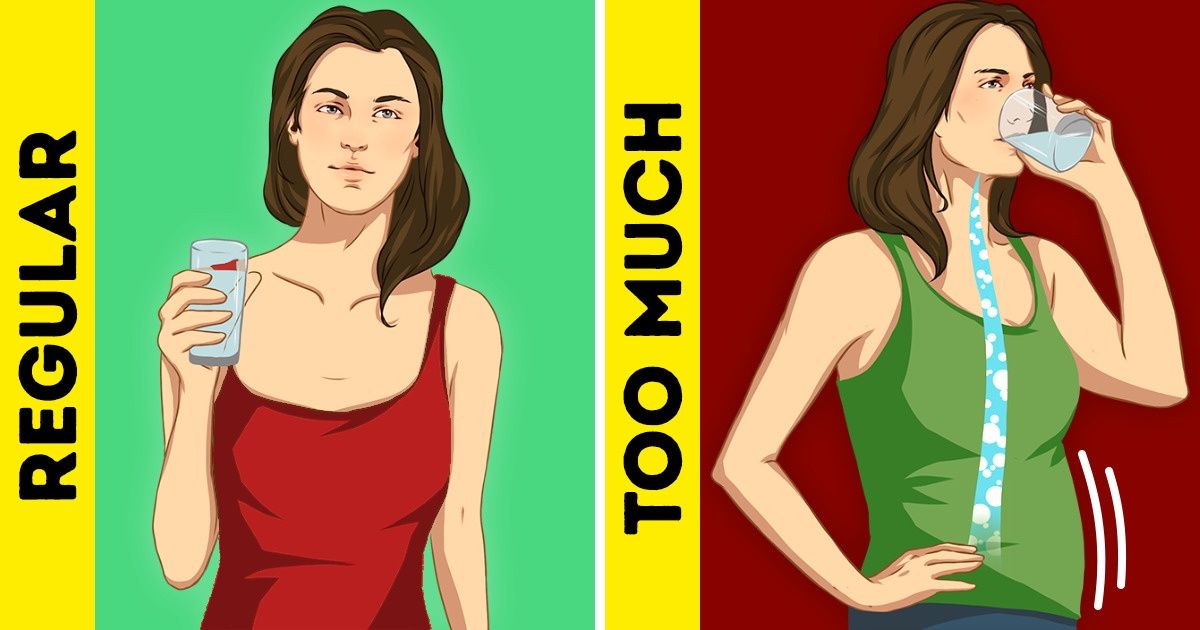In today’s fast-paced health and wellness market, consumers are bombarded with countless vitamins and supplements promising to enhance everything from energy levels to longevity. However, not every supplement is created equal. While some products deliver measurable benefits backed by robust scientific research, others fall short, offering little more than a placebo effect or even potential risks.
This comprehensive guide examines eight popular supplement categories, dividing them into two distinct groups: those deemed largely ineffective or potentially harmful, and those that are generally considered safe and beneficial when used appropriately. We’ll delve into the science behind each supplement, provide insights into their benefits or limitations, and offer tips on how to make informed decisions about which products to include in your wellness regimen. This analysis is designed to help you optimize your health while maximizing the value of your investment in supplements.
Useless Supplements: Are They Worth Your Money?
In the supplement industry, some products are more about marketing hype than genuine health benefits. Here, we review four popular supplements often touted as must-haves, but which research suggests may be less effective than advertised.
Vitamin C: Myths vs. Reality

Vitamin C is often marketed as a miracle vitamin that can prevent colds, boost immunity, and improve skin health. Despite its popularity, several studies have shown that, for most people, additional Vitamin C beyond what is obtained through a balanced diet does little to improve overall health. The body is adept at absorbing what it needs and excreting the rest, making high doses largely redundant for healthy individuals. Overconsumption may even lead to digestive disturbances and kidney stones in rare cases.
For further reading on Vitamin C’s benefits and limitations, check out the detailed review available at Harvard Health Publishing.
Vitamin A: When Excess Becomes Harmful

Vitamin A plays an essential role in vision and immune function. However, the problem arises when it is consumed in excessive amounts, either through supplementation or fortified foods. Research indicates that too much Vitamin A can lead to toxicity, manifesting as liver damage, headaches, and even bone abnormalities. In populations with a balanced diet, additional Vitamin A supplementation is typically unnecessary and can even be harmful.
To better understand the risks associated with Vitamin A toxicity, refer to resources provided by the Mayo Clinic.
Vitamin E: Limited Benefits and Potential Risks

Vitamin E is celebrated for its antioxidant properties, yet large-scale studies have produced mixed results regarding its effectiveness in preventing chronic diseases. In fact, some research suggests that excessive intake of Vitamin E supplements may increase the risk of hemorrhagic stroke and other cardiovascular issues. The optimal approach is to obtain Vitamin E naturally through a diet rich in nuts, seeds, and green leafy vegetables, rather than relying on high-dose supplements.
For more insights on the role of antioxidants in health, visit WebMD.
Mass Gainers: More Hype Than Help

Mass gainers are often marketed towards bodybuilders and athletes looking to bulk up quickly. These supplements typically contain a mix of proteins, carbohydrates, and fats, but many lack the balanced nutritional profile required for sustained muscle growth and overall health improvement. Moreover, mass gainers can lead to unwanted weight gain, digestive issues, and even metabolic disturbances if used improperly. Most experts agree that a well-structured diet combined with natural protein sources is a safer and more effective route for muscle building.
For an in-depth analysis of mass gainers and their effects, see studies referenced by Examine.com.
Safe Supplements: Evidence-Based Choices for Optimal Health
While some supplements fall short, others have been extensively studied and are widely regarded as safe and beneficial when used appropriately. Below, we explore four categories of supplements that have strong scientific backing.
Vitamin D: The Sunshine Vitamin for Bone and Immune Health

Vitamin D is crucial for calcium absorption and bone health, as well as playing an important role in the immune system. Many people, particularly those in regions with limited sunlight, suffer from Vitamin D deficiency. Supplementation has been shown to reduce the risk of osteoporosis, improve muscle function, and even lower the risk of certain autoimmune diseases. Because the body can only produce a limited amount of Vitamin D from sunlight, especially during the winter months, supplementation is often recommended.
To learn more about Vitamin D and its health benefits, visit the National Institutes of Health (NIH).
Omega 3: Essential Fatty Acids for Cardiovascular and Cognitive Wellness

Omega 3 fatty acids, commonly found in fish oil, are widely recognized for their anti-inflammatory properties and cardiovascular benefits. Numerous studies have linked Omega 3 supplementation with reduced risk of heart disease, improved brain function, and decreased inflammation in chronic conditions. These fatty acids are considered essential because the body cannot produce them on its own, making dietary intake or supplementation critical for maintaining optimal health.
For further details on the benefits of Omega 3, explore resources provided by the American Heart Association.
Vitamin B12: Vital for Energy Production and Brain Function

Vitamin B12 is essential for maintaining healthy nerve cells, red blood cell production, and DNA synthesis. Deficiencies in Vitamin B12 can lead to severe health issues, including anemia, fatigue, and neurological complications. This supplement is particularly important for vegetarians, vegans, and older adults, who may have difficulty absorbing sufficient amounts from their diets. When used as directed, Vitamin B12 supplements can greatly improve energy levels and cognitive function.
For a comprehensive overview of Vitamin B12’s role in health, check out information from Harvard Health Publishing.
Protein Powder: Whey vs. Soy for Muscle Recovery and Growth

Protein powders are among the most popular supplements for individuals seeking to build muscle, enhance recovery after exercise, or simply ensure adequate protein intake. Whey protein is celebrated for its high biological value and rapid absorption, making it ideal for post-workout recovery. Soy protein, a popular plant-based alternative, offers a complete amino acid profile and is beneficial for those with dietary restrictions or who prefer a vegan option.
Both types of protein powder have been rigorously studied and are considered safe when consumed as part of a balanced diet. The key is to choose a product that fits your specific dietary needs and lifestyle goals. For more on the benefits of protein supplementation, refer to detailed articles on Examine.com and Mayo Clinic.
The Importance of Informed Supplement Choices
Navigating the supplement market can be challenging, given the vast array of products available and the varying levels of scientific support behind them. Here are a few tips to help you make informed decisions about which supplements to incorporate into your daily routine:
Understand Your Body’s Needs:
Nutritional requirements vary from person to person. Consider factors such as age, diet, lifestyle, and health status when evaluating whether a particular supplement is necessary.
Research and Evidence:
Always look for supplements backed by credible scientific studies and recommendations from reputable health organizations. Reliable sources such as Harvard Health, Mayo Clinic, and WebMD can provide valuable insights into which supplements have proven benefits.
Quality Over Quantity:
More supplements do not necessarily equate to better health. Focus on those with clear, evidence-based benefits rather than relying on a wide array of products.
Consult Healthcare Professionals:
Before starting any new supplement, it’s wise to consult with a healthcare provider, especially if you have pre-existing conditions or are taking other medications.
The Role of Consumer Education in Supplement Safety
Educating consumers about the benefits and risks of various supplements is a critical component of overall health literacy. As the market continues to expand, many individuals find themselves overwhelmed by conflicting information and marketing claims. By providing clear, evidence-based insights, you empower your readers to make informed choices about their health and wellness.
Understanding which supplements are supported by science and which may be more hype than help is essential for avoiding unnecessary expenses and potential health risks. With the right information, consumers can navigate the supplement landscape confidently, ensuring that their choices contribute positively to their overall well-being.
Conclusion: Making Smart, Evidence-Based Supplement Decisions
In conclusion, while the supplement market is filled with products promising miraculous results, not all vitamins and supplements are created equal. Our review highlights that supplements such as Vitamin C, Vitamin A, Vitamin E, and mass gainers may offer limited benefits or pose risks if overused. On the other hand, supplements like Vitamin D, Omega 3, Vitamin B12, and protein powders (both whey and soy) have strong scientific backing and can be beneficial when used correctly.
The key takeaway is to prioritize informed, evidence-based choices when considering nutritional supplements. By understanding the scientific evidence and consulting reputable sources, you can tailor your supplement regimen to meet your individual health needs. Whether you’re looking to boost immunity, enhance cognitive function, or improve overall wellness, focusing on quality, research-backed supplements can make a significant difference in your health journey.
For further reading and to deepen your understanding of the complex world of nutritional supplements, explore additional resources from trusted organizations such as Harvard Health Publishing, Mayo Clinic, and WebMD. These platforms offer comprehensive insights and the latest research findings, ensuring you stay informed and make smart choices for your health.
In a market flooded with choices, the difference between wasting money on ineffective supplements and investing in those that truly enhance your well-being can be substantial. By following the insights provided in this guide, you can confidently navigate the supplement landscape, ensuring that your investments in health and wellness are both effective and safe. Remember, informed decisions today pave the way for a healthier, more vibrant tomorrow.









